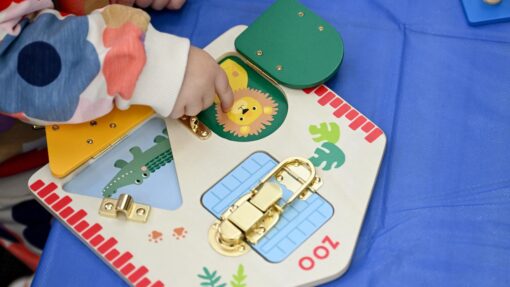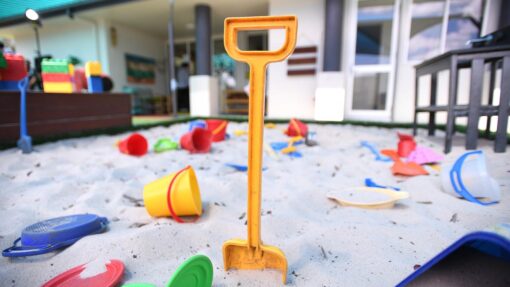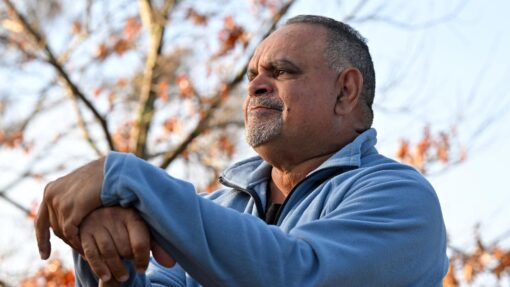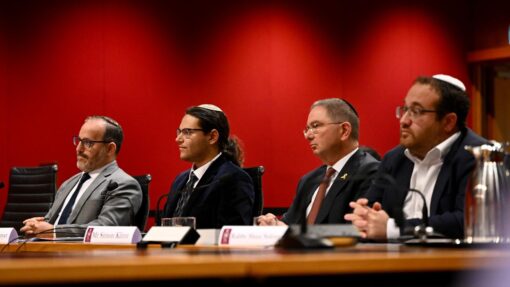‘Cruel, inhuman’: justice laws to violate human rights
Savannah Meacham and Laine Clark |

Tough youth justice laws will probably further strain capacity at detention centres and limit protection from “cruel, inhuman or degrading” treatment, a state government says.
The controversial legislation will also “directly discriminate” against children and impact Indigenous kids, with the Queensland government acknowledging it violates human rights.
Premier David Crisafulli is not backing down after introducing “adult crime, adult time” legislation in Queensland’s first parliamentary sitting since winning the October 26 election.

“Our reforms are to fix the youth crime crisis right across the board and this is one element which is consequences for actions,” he told reporters on Friday.
Human rights advocates are up in arms over the laws introduced on Thursday and say they will not make the community safer.
The new legislation will dramatically increase maximum sentences for serious youth crimes, delivering a key election promise by the successful Liberal National Party.
Children face a life sentence for five offences including murder, manslaughter and grievous bodily harm.
Juveniles as young as 10 will face the same maximum sentence as adults for 13 offences.
The “adult crime, adult time” bill was tabled along with its statement of compatibility with human rights.
Attorney-General Deb Frecklington indicated in the statement the laws would require an override of the state Human Rights Act.

“I acknowledge that the amendments in the bill … are incompatible with human rights,” Ms Frecklington said in the statement.
“However, I consider that the current situation with respect to youth crime in Queensland is exceptional.”
It conceded laws would likely increase the number of children in detention centres, putting pressure on the packed facilities.
Queensland has the highest number of detained kids in the country, according to the Child Death Review report released earlier in 2024.
Two new detention centres and a youth remand facility are being built in Queensland.
“It is likely at least in the short term that the increase in custodial sentences will further strain capacity in youth detention centres in Queensland, and may result in children being held in watch houses for extended periods of time,” the statement said.
“This impact results in limitations to the protection from cruel, inhuman or degrading treatment.”
The laws remove detention as a last resort for children, with the legislation still applying to some adult offenders.
“The amendments will treat children less favourably than adults in the same circumstances and therefore directly discriminate on the basis of age, limiting their right to enjoy their right to liberty without discrimination,” the statement said.
The bill is “expected to have a greater impact on Aboriginal and Torres Strait Islander children, who are already disproportionately represented in the criminal justice system”.
“I am of the view that the amendments do not directly or indirectly discriminate based on race,” Ms Frecklington said in the statement.
“The increased sentences will be applied equally to all children who are convicted of an offence.”
Stakeholders and the opposition have less than a fortnight to scrutinise the youth crime laws before the government tries to pass them at the next parliament sitting before Christmas.
A marathon parliamentary session also passed amendments to laws scrapping the path to treaty and created a 2032 Olympic venue review body.
AAP


